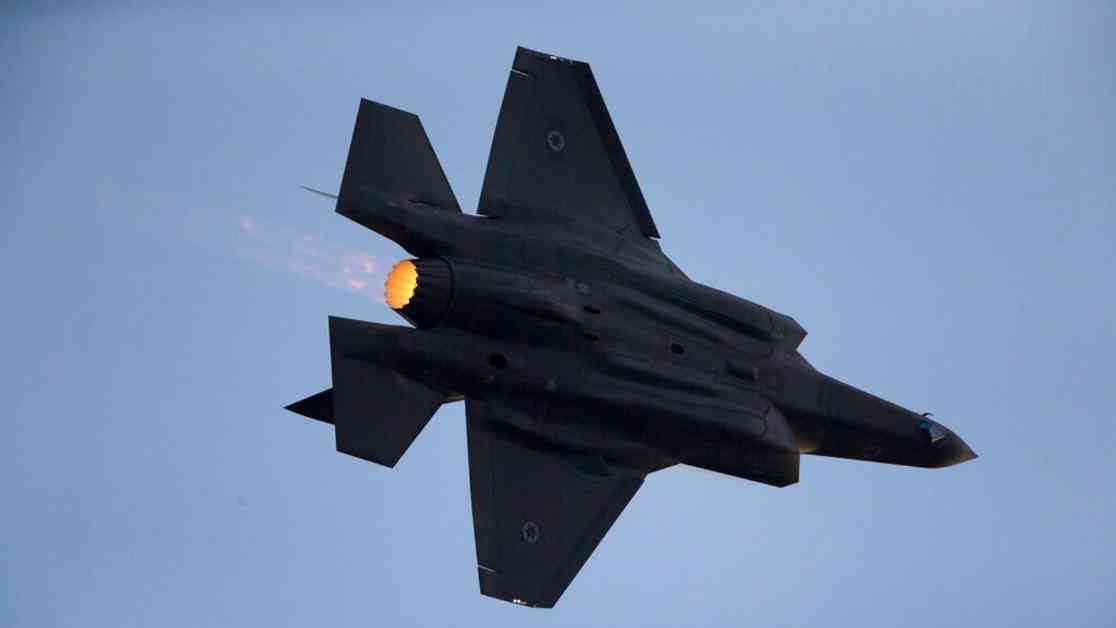The United Kingdom has made the decision to temporarily halt some arms sales to Israel in response to the conflict in the region. Foreign Secretary David Lammy announced the suspension of around 30 out of 350 export licences for UK arms, citing a “clear risk” that these weapons could be used to commit violations of international humanitarian law.
Reasoning Behind the Decision
The review of export licences was prompted by the ongoing war in Gaza, where Israeli military actions have raised concerns about potential breaches of international humanitarian law. Mr. Lammy emphasized that this is not a blanket ban on arms sales to Israel, but rather a targeted suspension of specific components that could be used in military aircraft and ground targeting operations in Gaza.
During his address to the Commons, Mr. Lammy stated, “It is with regret that I inform the House today the assessment I have received leaves me unable to conclude anything other than that for certain UK arms exports to Israel, there does exist a clear risk that they might be used to commit or facilitate a serious violation of international humanitarian law.”
Impact of the Suspension
The suspension will affect components used in military aircraft such as helicopters and drones, as well as items that facilitate ground targeting. However, it will not include parts for multinational F-35 fighter jets, as this could have significant implications for international peace and security. The decision to exclude F-35 fighter jets has raised concerns among opposition MPs and human rights charities.
While the UK does not directly supply Israel with weapons, it grants export licences to British companies to sell arms to the country. Earlier this year, civil servants overseeing arms exports to Israel raised concerns about potential complicity in war crimes under the previous Tory government.
Legal and Political Reactions
Mr. Lammy clarified that the suspension of arms sales does not imply that Israel has violated international humanitarian law, as the UK government cannot make such determinations. He emphasized that this decision is a forward-looking evaluation and not a judgment of guilt or innocence.
The announcement of the arms sales suspension received a mixed reaction in the House, with some calling for a more comprehensive ban on arms sales to Israel and others questioning the exclusion of certain export licences. Green MP Ellie Chowns welcomed the suspension as a significant step but raised concerns about the continued licensing of F-35 fighter jets.
On the other hand, the DUP’s Sammy Wilson criticized the decision, stating that it would only benefit Hamas terrorists. He expressed concern that pressure from pro-Gaza protests may have influenced the government’s decision to suspend arms sales to Israel.
Global Response and Future Considerations
The suspension of arms sales to Israel comes amid escalating tensions in the region, with the war in Gaza resulting in significant casualties and humanitarian crises. The UK government has reiterated its support for Israel’s right to self-defense in accordance with international law.
As the situation continues to unfold, the UK will keep the decision under review and monitor the impact of the arms sales suspension. The government’s commitment to upholding international humanitarian law and promoting peace in the region remains a priority.
In conclusion, the UK’s decision to suspend some arms sales to Israel reflects a commitment to upholding international humanitarian law and addressing concerns about potential violations in the ongoing conflict. The government’s actions have sparked debate and raised questions about the implications of arms sales in conflict zones. As the situation evolves, continued scrutiny and evaluation of arms exports will be crucial in promoting peace and stability in the region.












